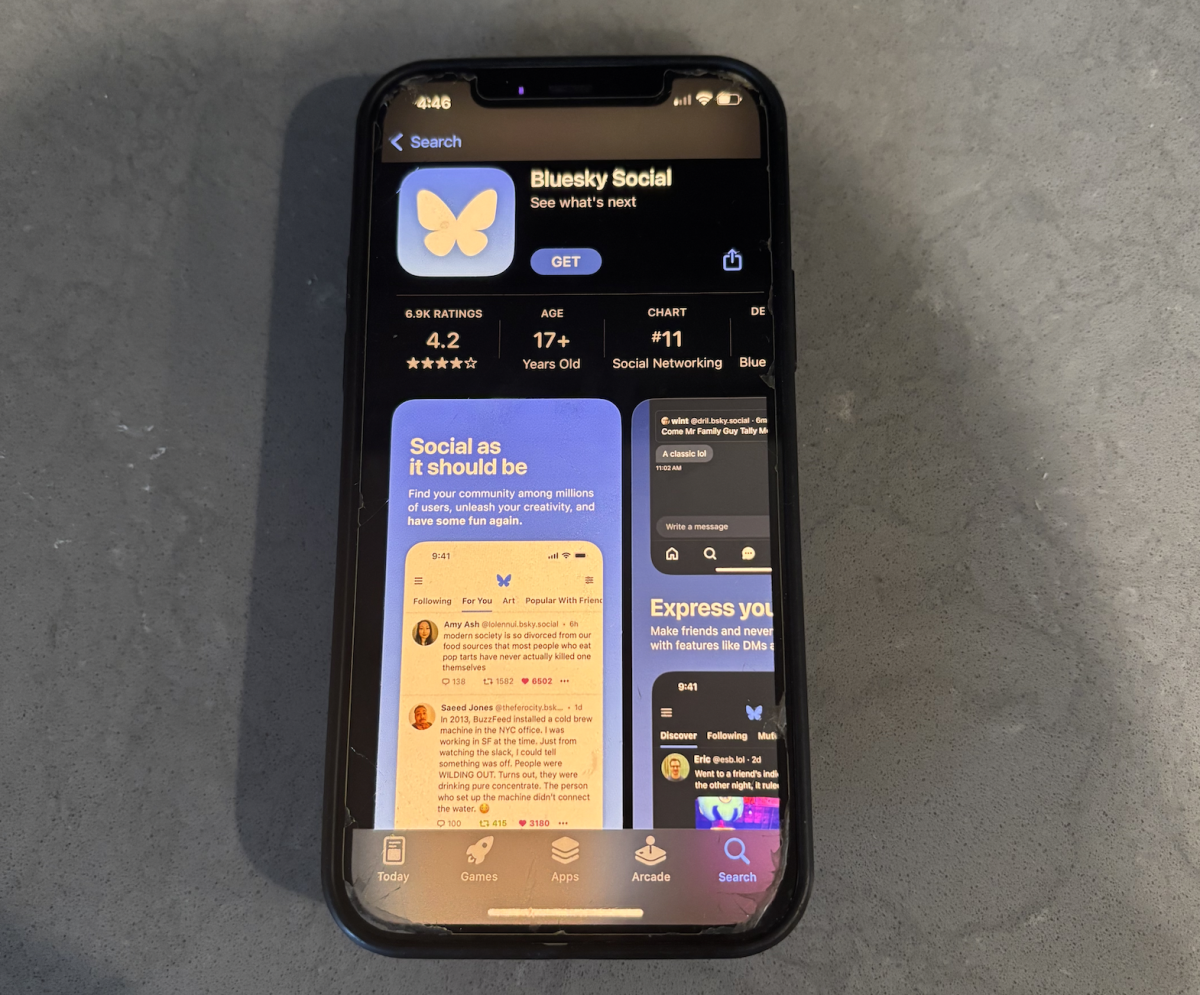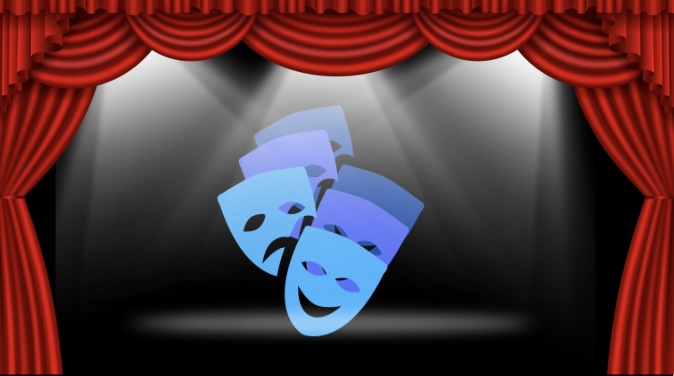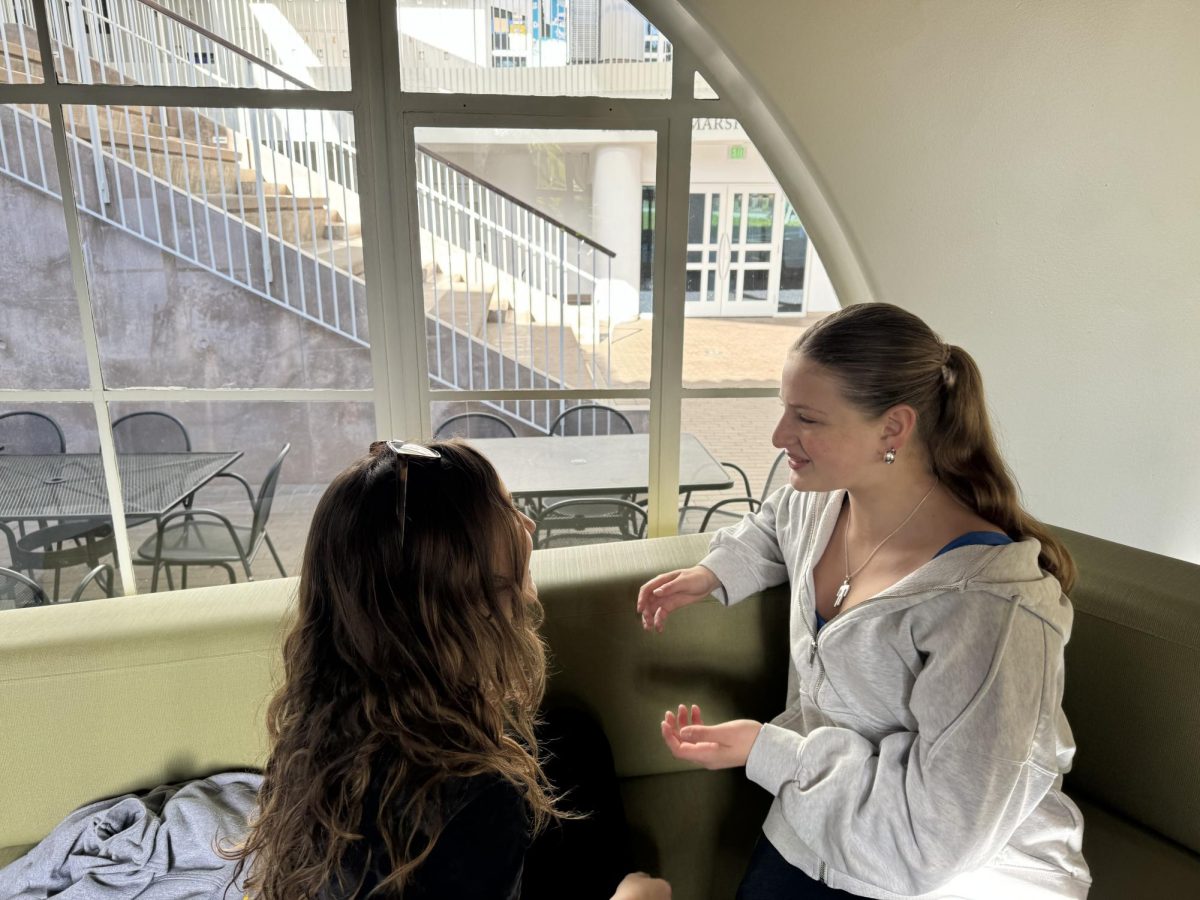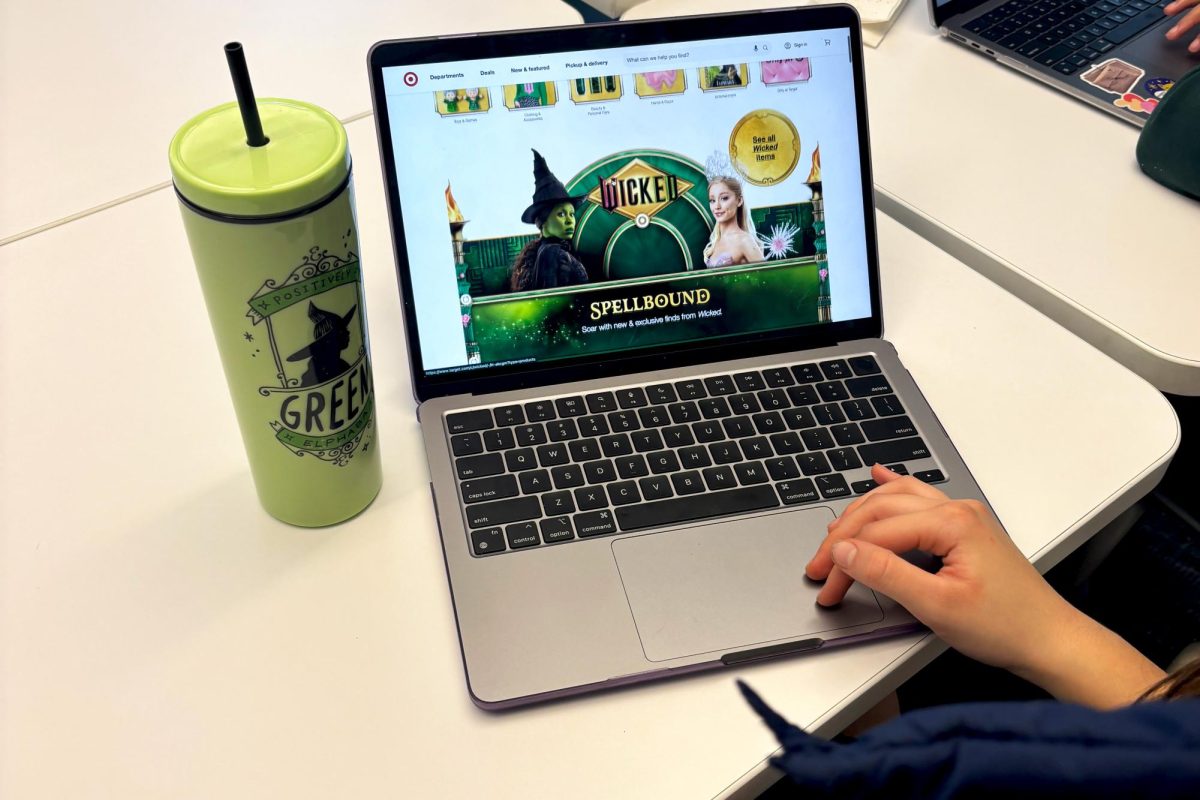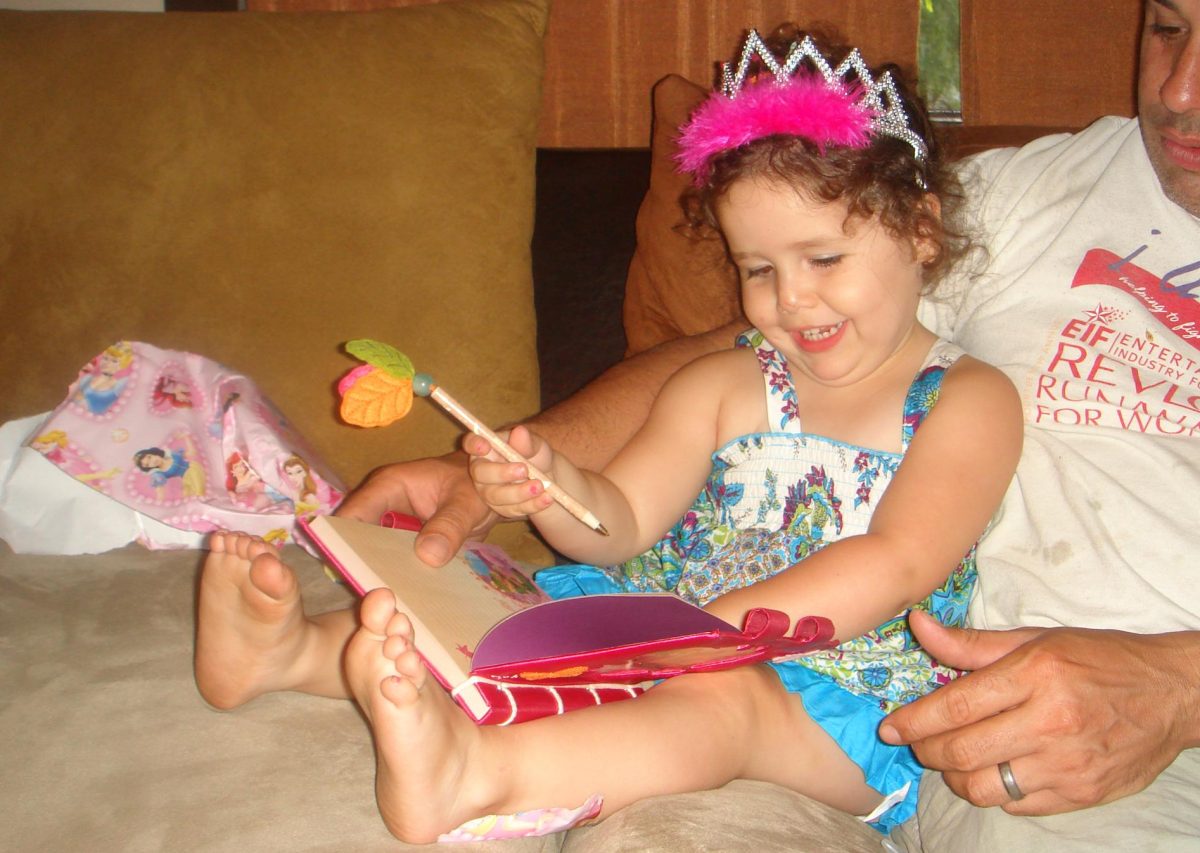Picture audition week. Panic and hysteria are afoot — this is one of the most stressful weeks of the year for a theatre kid. To mitigate the chaos of frantic line memorization and cast-list anxiety, most actors create a personalized audition routine in preparation for the challenging task ahead. Chamomile tea? Check. Lucky audition outfit? Double check. Over-rehearsed songs that you’re starting to get sick of? Definitely check. At first glance, the rigorous audition procedure can give the impression that an actor is exclusively concerned with their own performance. However, the competitiveness aspect of auditioning has everything to do with other people’s performances.
Theatre, of course, can be quite competitive. Many talented people audition for the same selective role, but only one person will get it. When you’re being judged on something talent-based, it’s normal to compare yourself to others, especially those who might be going for the same spot in the show as you are.
From a historical standpoint, competition has been an essential part of theatre from the very beginning. Performer Zachary Lawson argues that competition and theatre are inseparable, explaining how this concept dates all the way back to Ancient Greece when playwrights competed in dramatic festivals for the chance to have their work displayed to the public. Lawson reasons that the works of writers such as Sophocles, Aristophanes and Aeschylus are still performed long after their lifetimes because they won competitions like these. The only reason for their legacy was because they beat their peers, enforcing the idea that competition is natural, healthy and, in reality, inevitable for theatre kids to succeed.
But at what point does competition in theatre become unhealthy?
Competition can have a significantly negative impact on actors because theatre itself is so subjective. There’s never going to be a perfect performance or a “correct” way to interpret a scene, which makes it less productive to compare yourself to others. Trying to be that much better than the people around you can be overwhelming and make us lose sight of one of the most important parts of theatre — community. For a production to function smoothly, it’s important for an ensemble of performers to trust each other. It’s hard to trust your fellow teammates if you’re busy thinking of ways to be better than them.
This isn’t to say that competition is always detrimental or counterproductive. Oftentimes, competition can push us to improve, and in many cases, as it ultimately motivates us to enhance the quality of our work. However, too much competitiveness can become detrimental to our mental health. Instead of focusing too much on others’ performances, it’s more productive to ground yourself in the things you are proud of. There might always be something you feel insecure about or wish you could’ve done better, but living in a world of comparison and self doubt is not constructive.
As with anything, competition requires moderation. There’s nothing wrong with challenging yourself to improve and be the best performer you can be. Just take a second to ensure sure this competitiveness isn’t interfering with the level of kindness you give to not only your peers but to yourself.
So the next time audition week rolls around, add something to your to-do list. Right after making yourself a third cup of tea and running your material for the umpteenth time, remind yourself that your self-worth is not determined by a name on a cast list, a grade in the grade book or anything else that’s got you feeling stressed.
Break a leg!










